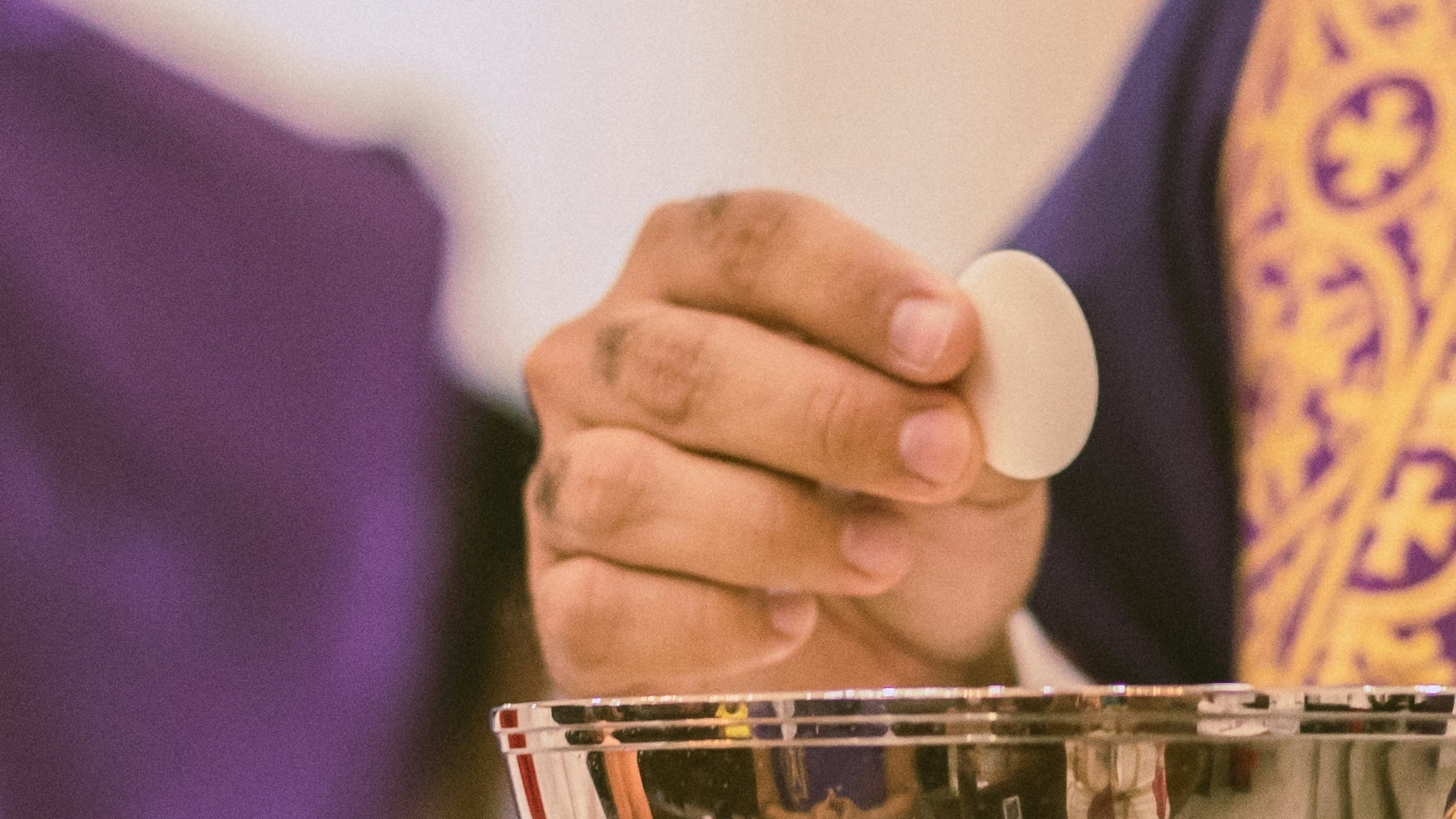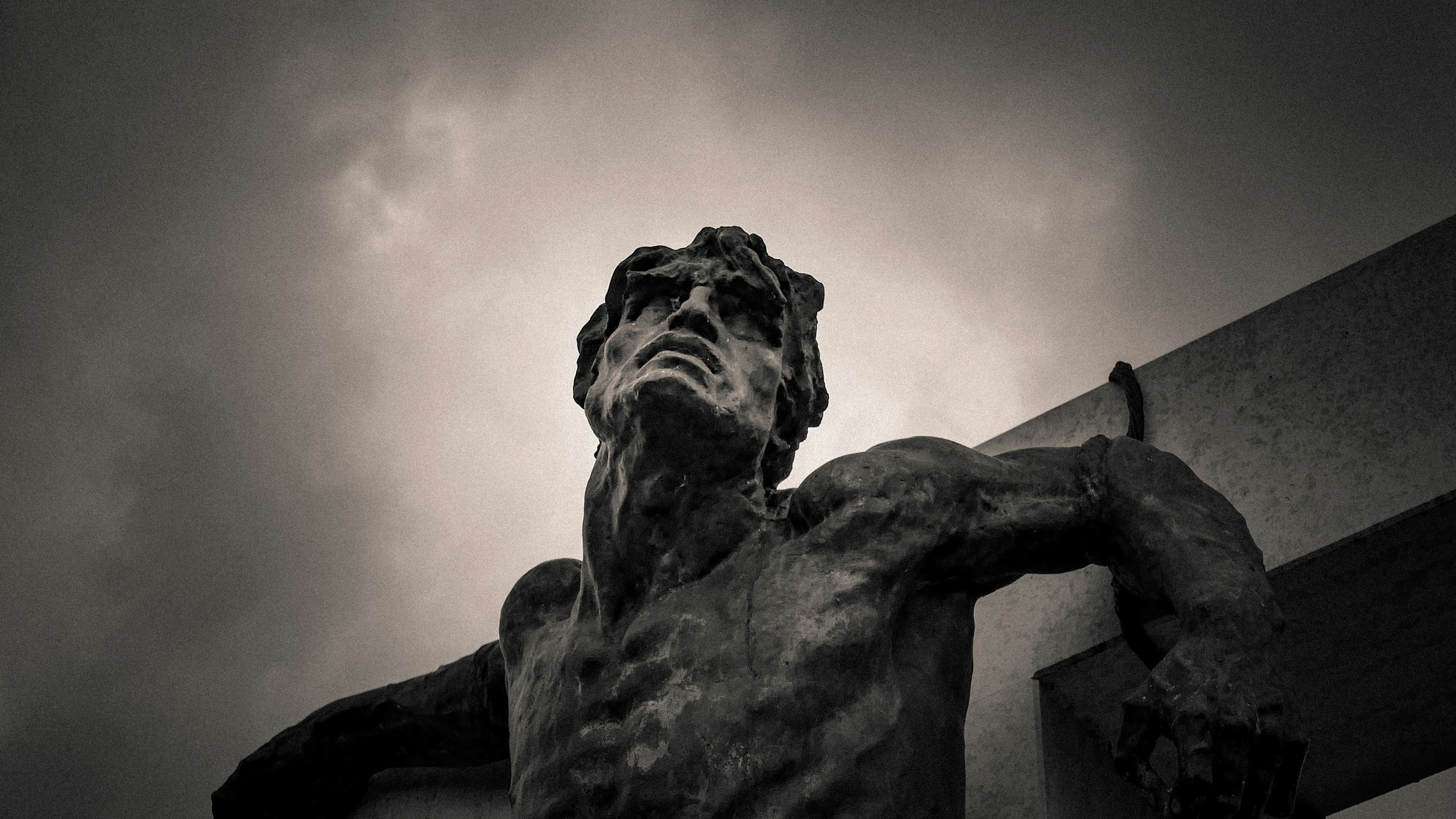
Whether fashioned through a secular or a Judeo-Christian worldview, the human condition ultimately intersects with the concept of a divine being. The idea of God as a divine being serves as the basis of identity for the Christian humanist, while in the same vein, it serves as a casual idea for the secular humanist. The thought that an individual from either condition can interact with each other in the same environment should not surprise anyone. However, if this scenario existed within a parish or school religious education environment, it may cause a pause for concern for many.
Last week, I wrote about a situation where a teacher proclaimed that her role as an educator in a Catholic school is to teach, not evangelize. From a purely academic perspective, this teacher may be correct; however, when the environment is built and predicated on proclaiming the salvific actions of Jesus Christ for the salvation of souls, well, that changes the mission of the Catholic educator regardless of the subject taught.
The discontinuity of faith exhibited by the teacher I mentioned should not be ignored or excused as a religious educational anomaly. The fact that such a teacher would freely state her identity as an educator with no deference to Catholicism reveals to me that identifying with the Divine God as his child, the acceptance of a Savior as the gateway toward our salvation, and the existence of a Church to serve as the path to salvation is viewed more as a novelty than a necessity.
When the teacher spoke of her identity apart from God, what can also be interpreted from her statement, I argue, is that she does not associate religion with God. Her religion is to teach science apart from any association with God, the Divine author of all creation. Here, we have a discontinuity of faith or a pedagogical hermeneutic of discontinuity, which may devastate the student receiving the teacher’s visible disassociation from God within the classroom.
The noted twentieth-century Australian catechist-theologian Frank Sheed reminds us that Christ teaches us by being God. God, the son of man, took on human nature and made it so utterly His own that, remaining God without diminution or dimming of His Divinity, He was still truly man and remains forever man.[1] Sheed emphasizes the need to establish a visible continuity of faith in Word and Deed. Students adapt and receive the learning style of the teacher. If the entire instructional process ignores Jesus Christ as the central tenet of this instruction, then any association with Him becomes an afterthought.
Henri De Lubac stressed the need to establish an awareness of Christ throughout the teaching process, primarily through Divine Revelation. If a distinctive aim exists in catechetical formation, it is the opportunity for man to have an intimate kerygmatic and creedal relationship with Jesus Christ. This relationship is reflective of not merely knowing Christ personally; it also requires the ability to articulate His teachings. De Lubac describes the tragic effects of ignoring or possibly rejecting any unitive relationship between God and man, Christ and His Church in religious formation in the following way:
It has been written, very rightly, that the danger for a Christian would consist in forgetting the unity of the faith which stressing the variety of his beliefs. This may not be the peril most to be feared today for restless spirits, but it is undoubtedly a tendency of many Christians at all times, people who see little more in their religion than a series of precepts and interdictions. It is the role of Christian education to help them reach a better understanding, most essentially by showing them the unity of beliefs in the faith. . . The Trinity reveals itself to us in its works: creation, redemption, sanctification, and it is through its works, in which we believe, and only through those works, that our faith can attain the Trinity itself. So, all Christian tradition, clearly shown from the earliest days, joins together in a single act, the credo in and the credo quod.[2]
The Catechism of the Catholic Church teaches us that God reveals himself through deeds and words that are intimately bound to one another. Both shed light on one another and involve a specific Divine pedagogy: God communicates himself to man gradually. He prepares him to welcome by stages the supernatural Revelation that is to culminate in the person and mission of the incarnate Word, Jesus Christ.[3] St. John Paul II in his Apostolic Exhortation Catechesis Tredendae reminds us that sound religious-catechetical formation involves;
an initial proclamation of the Gospel or missionary preaching through the kerygma to arouse faith, apologetics or examination of the reasons for belief, experience of Christian living, celebration of the sacraments, integration into the ecclesial community, and apostolic and missionary witness.[4]
Echoing the words of St. John Paul II, it is important to be reminded of the importance of guiding our students toward the development of a trusting and intimate relationship with Jesus Christ. The entire schema of religious formation is pointless unless the students both desire and continually crave to have a relationship with the Savior of the World.
Let us remind ourselves of the importance of incorporating Christ into the fabric of our teaching ministry, as it is the soul of the student and his place with Jesus Christ that should concern us the most. I leave you with the Words of St. John Henry Newman:
Oh that there were such an heart in us, to put aside this visible world, to desire to look at it as a mere screen between us and God, and to think of Him who has entered in beyond the veil, and who is watching us, trying us, yes, and blessing, and influencing, and encouraging us towards good, day by day! Yet, alas, how do we suffer the mere varying circumstances of every day to sway us! How difficult it is to remain firm and in one mind under the seductions or terrors of the world! We feel variously according to the place, time, and people we are with. We are serious on Sunday, and we sin deliberately on Monday. We rise in the morning with remorse at our offences and resolutions of amendment, yet before night we have transgressed again. The mere change of society puts us into a new frame of mind; nor do we sufficiently understand this great weakness of ours, or seek for strength where alone it can be found, in the Unchangable God. What will be our thoughts in that day, when at length this outward world drops away altogether, and we find ourselves where we ever have been, in His presence, with Christ standing at His right hand!
St. John Henry Newman,
"The Immortality of the Soul"
Plain and Parochial Sermons, volume one
[1] Sheed, Frank, Theology and Sanity (San Francisco, Ignatius Press, 1993), 77
[2] De Lubac, Henri, The Christian Faith (San Francisco, Ignatius Press, 1986), 150
[3] CCC 50






